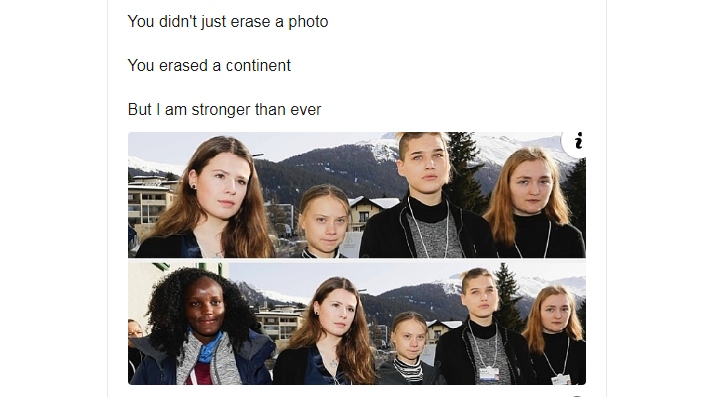LSE’s Sasha Jesperson assesses whether Sierra Leone is developing at the right pace ten years after the civil war.
At the end of the Cold War, leaders put forward the notion that decreased military spending would have long-term benefits. At the time, this was clearly a political tactic to draw attention away from economic decline as the conflict ended. Since the 1990s, the peace dividend concept has increasingly been put forward as a justification to end conflicts in developing countries and to encourage citizens in these countries to look to the future with hope and determination.

The peace dividend has become something international actors strive to provide, or call for others to provide. UNDP’s Sudan Recovery Fund, which was rolled out from November 2008 aimed to provide “tangible peace dividends” in the form of services. UNDP also believes that “early support for strengthening some form of local government is crucial for delivering peace dividends”. In relation to their work in West Africa, Conciliation Resources commented that “to help consolidate peace dividends and avoid a slide back into violence, electoral processes and institutional reform… should prioritise inclusion, trust transparency and security”.
But what happens when local expectations of what the peace dividend should be and how fast it should be achieved are not met? Following South Sudan’s secession in 2011, Christian Aid noted that the Comprehensive Peace Agreement signed in 2005 “raised expectations that people would begin to see dividends of the peace through investment in infrastructure and basic services. But many people are yet to see real improvements to essential services”.
Is this a failure to provide the peace dividend on the part of national governments and the international community? Or does it arise from the overstatement of what could change and when, to encourage people to look forward rather than back?
Sierra Leone has now reached the ten-year mark since the conflict. Although important progress has been made, it hasn’t met all citizens’ expectations of the peace dividend, and resentment of the international community is beginning to take hold in parts of the country.
There is no doubt that during wartime government spending is diverted away from public services to support armed forces. Yet in a country like Sierra Leone, the change may not be as marked as in a developed country with an established taxation system and effective economic policies. Although the war evolved as it progressed, the initial drivers of the Sierra Leone conflict were corruption and fiscal mismanagement that limited public spending.
Now, ten years after the war ended, Sierra Leone retains a low position on UNDP’s Human Development Index. In 2011, Sierra Leone was ranked 180 out of 187 countries due to high illiteracy rates, high youth unemployment and high child mortality rates. The country also faces challenges related to resource governance, corruption and increasingly drug trafficking.
While these challenges are serious, it is still only ten years after a devastating conflict that destroyed institutional structures, pilfered the country’s natural resources and killed thousands of people. Contrasted with other countries also occupying the low end of the Human Development Index that have not experienced recent conflicts, such as Burkina Faso, Gambia and Benin (ranked 181, 168 and 161 respectively), Sierra Leone’s progress is quite positive.
Although the ten-year memorandum of understanding between the Sierra Leone and UK governments comes to an end this year, it does not mean the end of international engagement altogether. DfID is engaged in a project to provide free health care to under fives, pregnant and lactating mothers, which aims to address continually high child mortality rates. Earlier this year, a Memorandum of Understanding on trade and cooperation was agreed between the UK and Sierra Leone governments, followed by the formation of the British Chamber of Commerce in Sierra Leone. Yet, the global economic downturn has forced many donors to look inward, which will pose a serious risk for Sierra Leone’s continuing challenges.
It is promising that citizens have higher expectations for their country than has currently been achieved. This energy needs to be channelled to demand more from leaders, particularly with an election approaching. However, it also needs to be recognised that progress takes time. After a conflict like Sierra Leone’s, ten years is not long at all.





